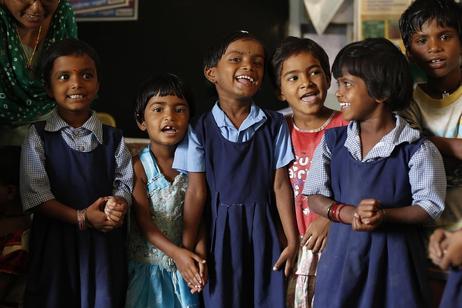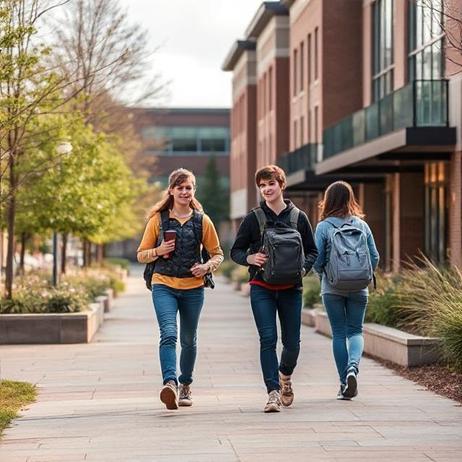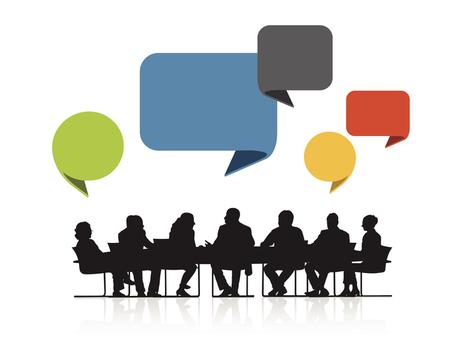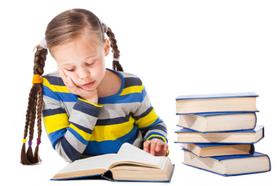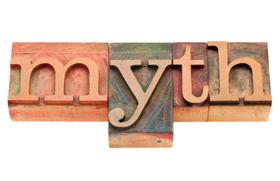Why Private School? (2025 Edition)
Choosing the right school is one of the most important decisions families make. In 2025, conversations about education increasingly focus on academic quality, student well-being, safety, values, and long-term preparation. For many families, private school continues to be an appealing option because of its mission-driven approach, flexible programming, and emphasis on individualized learning.
This updated guide reflects current data, tuition trends, and program developments while remaining consistent with Private School Review’s role as a neutral, non-ranking resource. Rather than promoting specific schools, this article outlines the most common reasons families consider private school and the factors that shape those decisions.
Academic Focus and Instructional Quality
Academic rigor remains one of the most frequently cited reasons families explore private school options. Private schools have the autonomy to design curricula aligned with their educational philosophy, whether that includes classical education, STEM-focused instruction, arts integration, or faith-based learning.
In 2025, many private schools will continue to expand project-based learning, interdisciplinary coursework, and advanced academic offerings that emphasize critical thinking and communication skills. Smaller class sizes remain a defining characteristic, with many private schools averaging between 12 and 18 students per class. This structure allows teachers to provide individualized feedback and adapt instruction to students’ strengths and needs.
Faculty hiring practices also differ from those in public systems. Private schools typically prioritize subject expertise, teaching experience, and alignment with the school’s mission. While certification requirements vary, many schools

